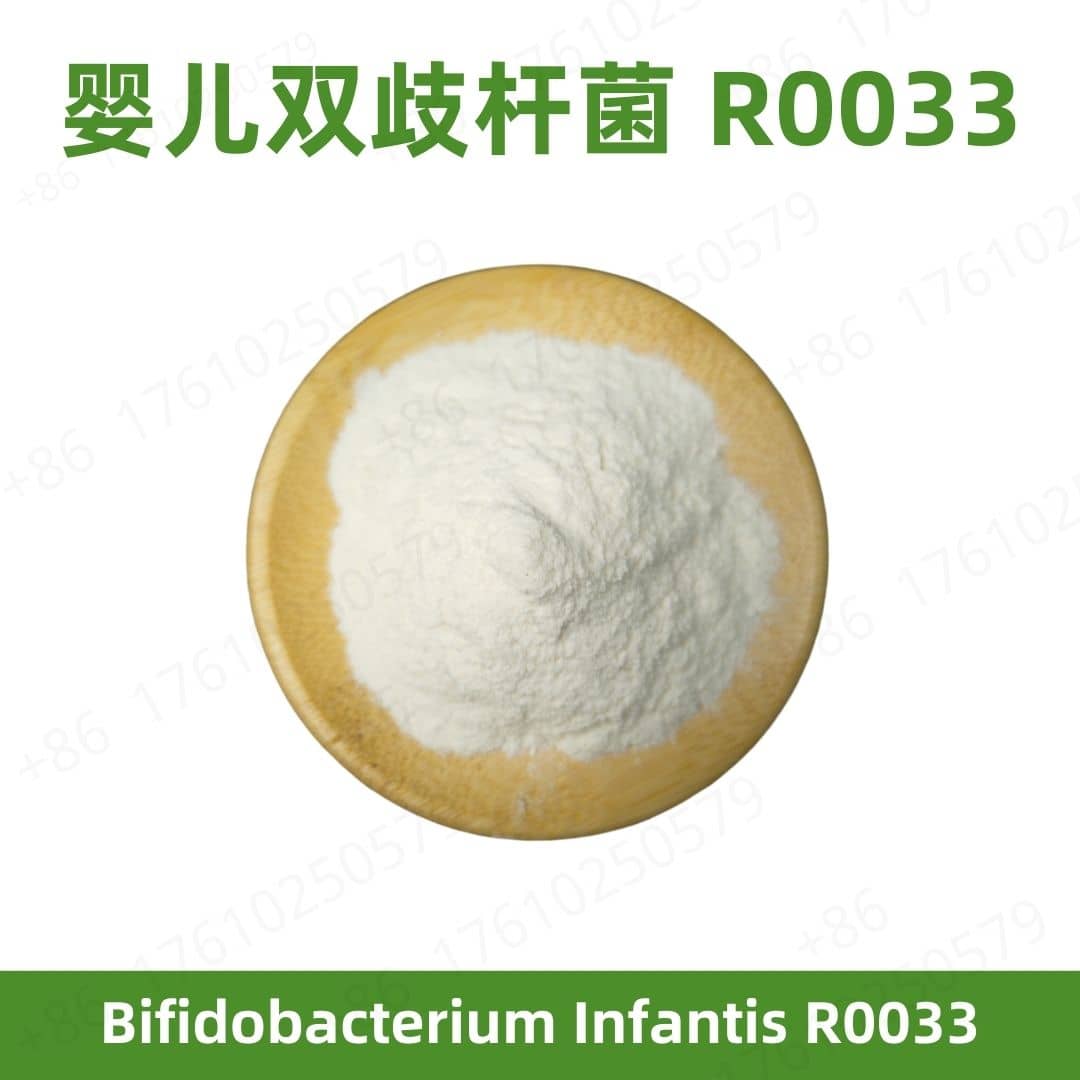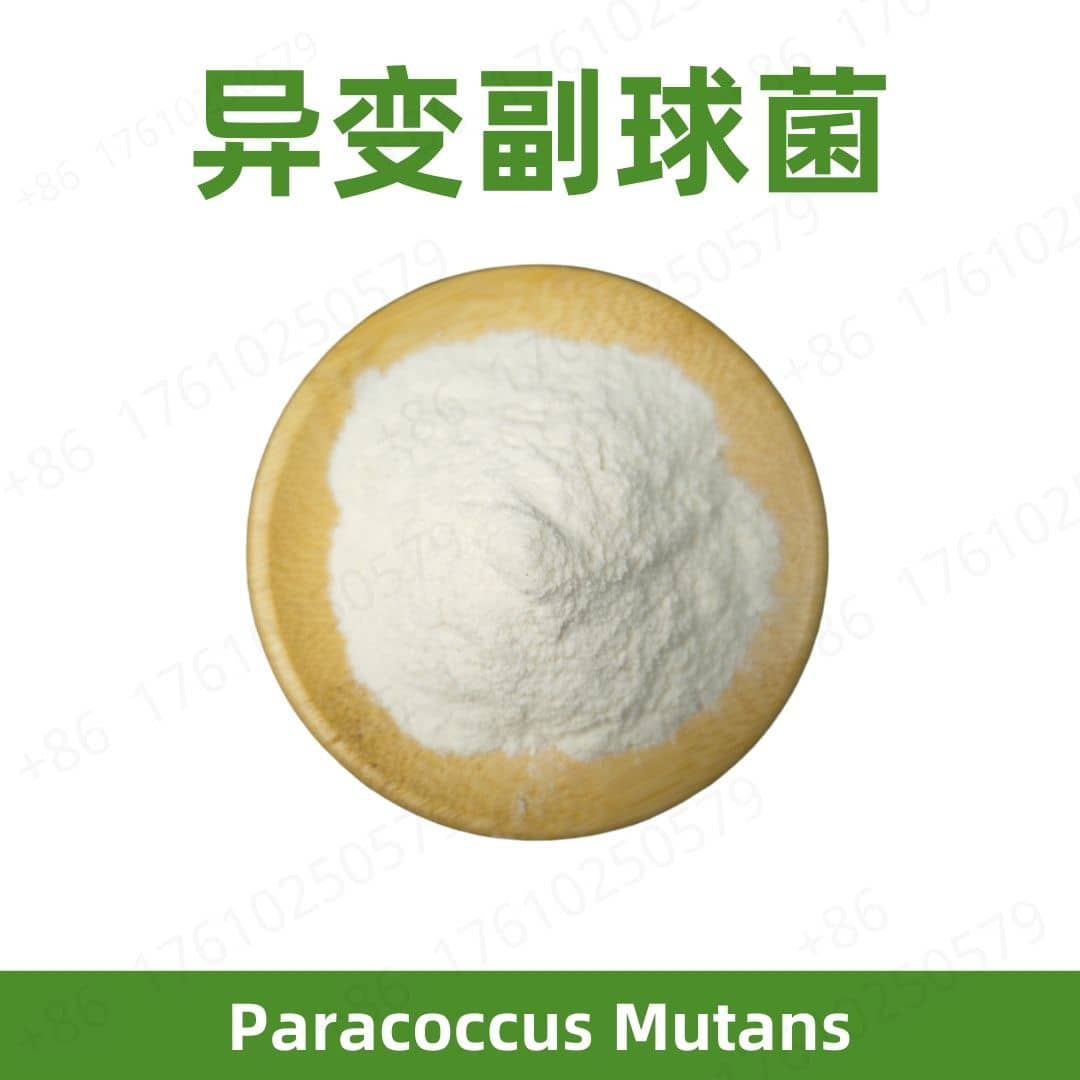Product Introduction
Aspergillus niger fermentation refers to the process involving the mold Aspergillus niger, known for its ability to produce various enzymes and metabolites through fermentation. This specific fermentation process is widely utilized in the food industry to enhance flavors and improve the nutritional content of products.
Production Process
The production of Aspergillus niger fermentation involves cultivating the Aspergillus niger strain in a controlled environment. The mold is grown on specific substrates that provide the necessary nutrients and conditions for optimal enzyme production. The fermentation is carefully monitored to ensure the right balance of temperature, humidity, and pH, allowing for efficient conversion of the substrate materials into useful products. After fermentation, the resulting biomass and metabolites are collected and processed into a powder form for various applications.
Product Benefits and Functions
Aspergillus niger fermentation delivers several benefits, including the production of enzymes like amylases, which aid in the breakdown of carbohydrates. These enzymes can enhance digestion and nutritional absorption in food products. Moreover, the fermentation process can result in the synthesis of organic acids, such as citric acid, which is commonly used as a preservative and flavoring agent. Additionally, it is known for its antifungal properties, making it useful in prolonging the shelf life of certain foods by inhibiting mold growth.
Product Application Scenarios
This fermentation product is widely used in the food industry, particularly in the production of sauces, dairy products, and alcoholic beverages. It is also applied in the creation of dietary supplements to support digestive health and improve nutrient bioavailability. In nutraceuticals, it can be incorporated into various formulations aimed at enhancing health and wellness. Furthermore, Aspergillus niger fermentation finds use in agricultural settings, where it helps in improving soil health and promoting plant growth.
Packaging and Storage
Storage Conditions: Store in a sealed, light-proof container, away from high temperatures, in a dry, cool, and well-ventilated place.
Packaging: Bulk: 25kg/cardboard drum; Sample: 1kg/aluminum foil bag; Custom packaging available upon request.
Shipping Methods: FedEx, DHL, dedicated logistics, and sea freight consolidation.
Shelf Life: Two years
Monica Sun possesses extensive technical expertise and market insights in the food additives industry. She excels in designing efficient and safe additive formulations tailored to various food applications, ranging from sweeteners to functional dietary fibers. Monica has successfully assisted food manufacturers in optimizing ingredient combinations to enhance product quality and improve consumer satisfaction.

















